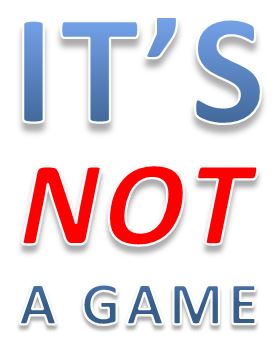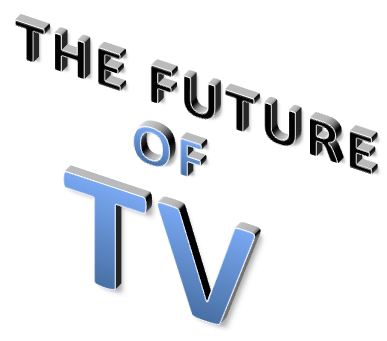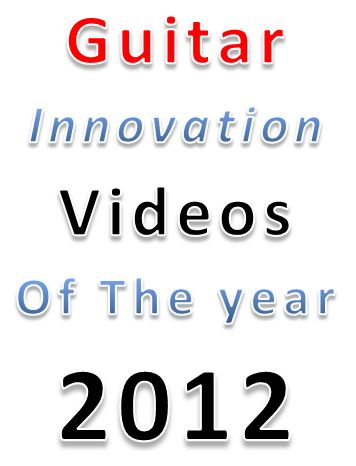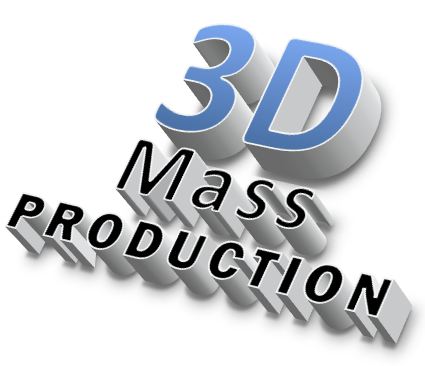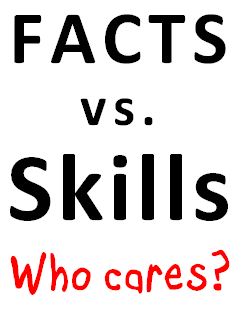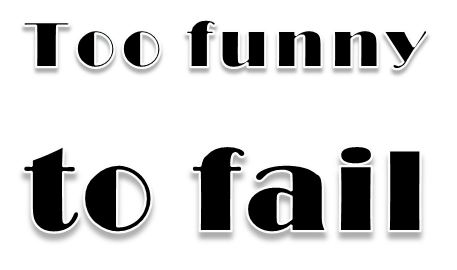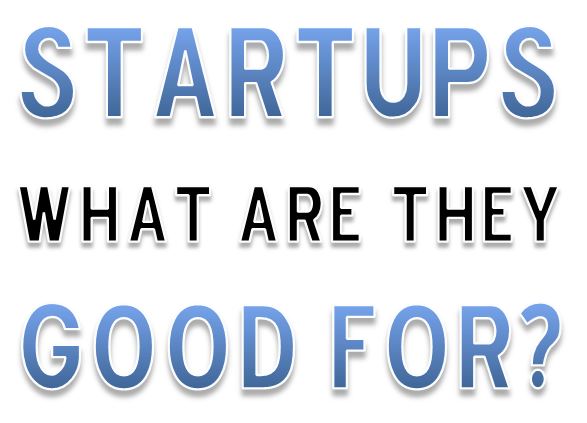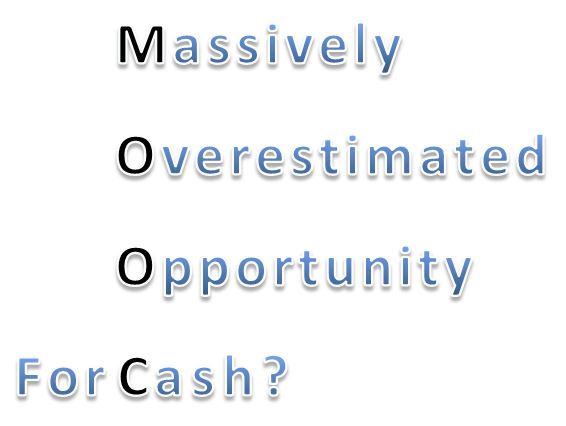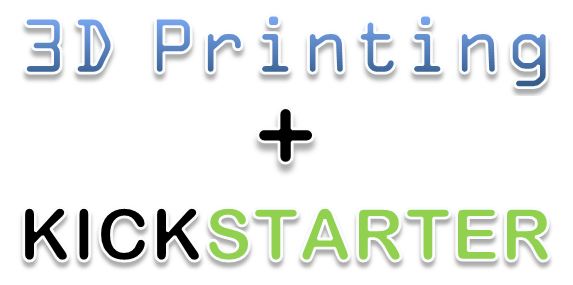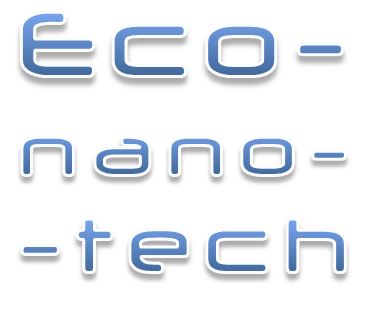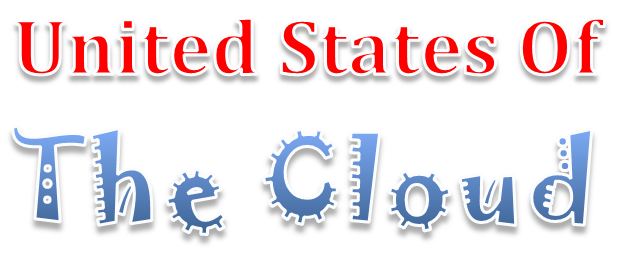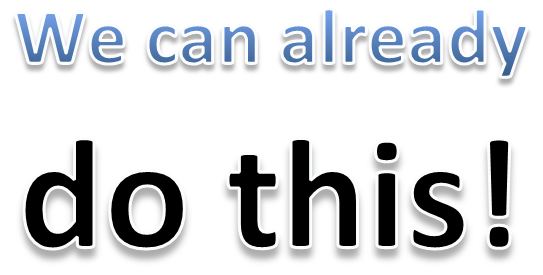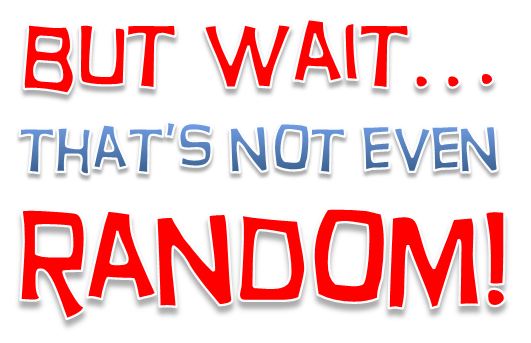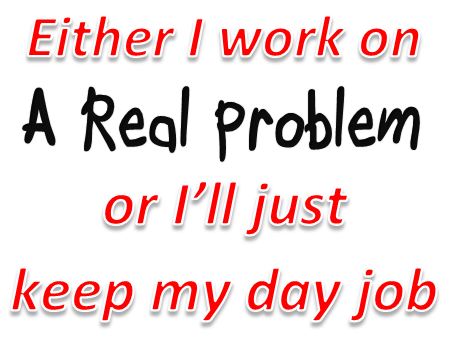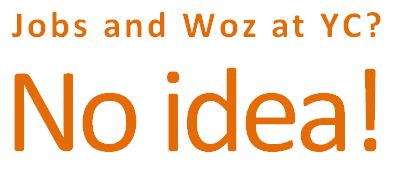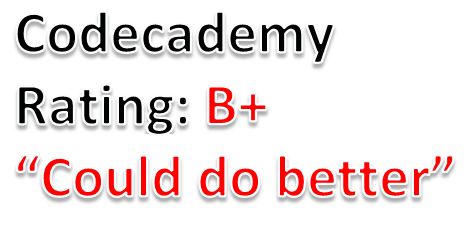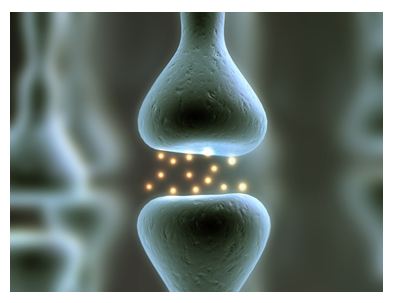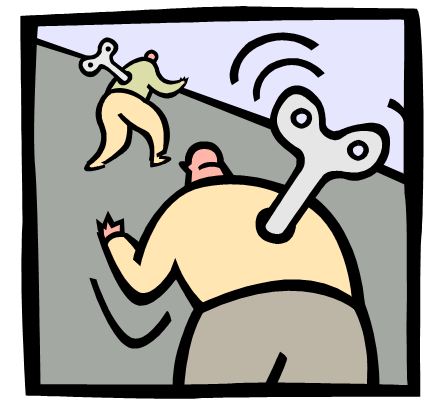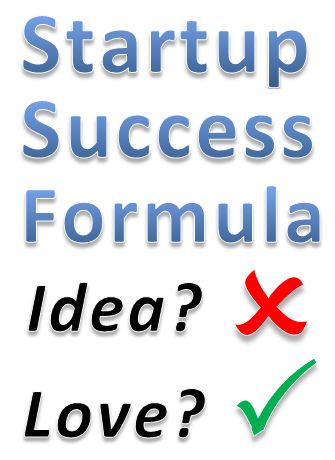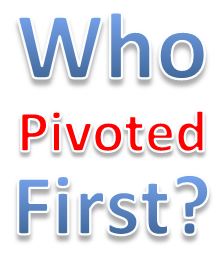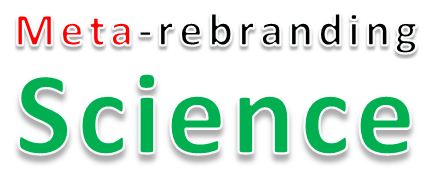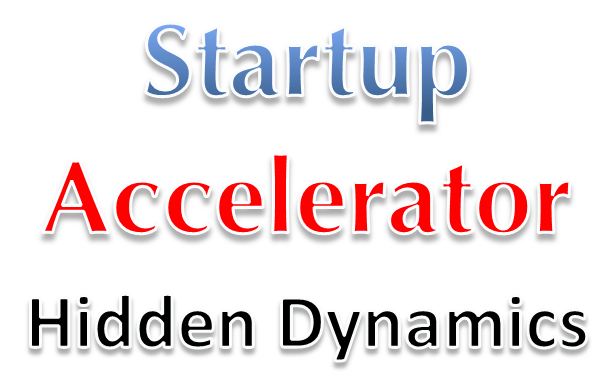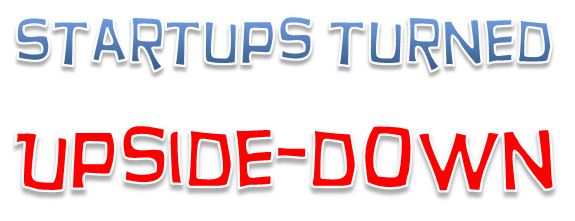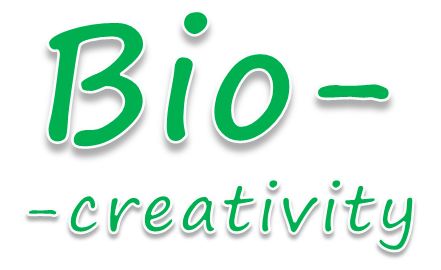Is video content heading for the holodeck?
It’s time to ask whether recent technological advances should make us revisit some long-abandoned dreams about interactive content
The contest for your living room gathers Steam
Apple TV, Google TV and let’s not forget Facebook, Amazon, Microsoft or Sony. Here at the iij, our money is on someone else.
Neurologist pivots to schoolteacher, then to teaching teachers neuroscience
She was seeing a 5 to 10x spike in teacher referrals for students with epilepsy, ADHD and OCD symptoms: mysteriously, those symptoms failed to show up outside the classroom. Did they come from changes to teaching methods? What she found made her switch careers, twice
Top guitar innovation videos of 2012
Yes, you’ll find some pretty lame excuses for also including some (admittedly awesome) clips which are sometimes more about exceptional inspiration than innovation
The Achilles’ Heel of 3D Printing
Why additive manufacturing isn’t expected to take over large scale industrial production any time soon
It’s official: Apple has windows, Microsoft doesn’t
Microsoft has ditched the window metaphor in order to make its OS feel like a mobile app, but Apple’s desktops, tablets and phones all still use a window metaphor
Cultural literacy education theory humbled by games culture
A fashionable return to 19th century teaching methods is being challenged by astonishing findings on the impact of online games culture upon ‘hopeless’ struggling learners
Mel Brooks Producers as a model for lean startups
Founders having an innovative idea, a fruitful search for a solution, generous early investors: what could possibly go wrong?
Rescuing serious journalism by productively reducing it to mindless fun
Few news editors would claim that they are not an endangered species, so even the most whimsical-sounding ideas are no longer quite so easily dismissed as being irrelevant or unnecessary
Instead of just scalable startups, a scalable startup ecosystem
‘Adopt lean startup methodologies’ is seen by many as the best advice to give startups, but how do we know if this advice is making a substantial positive contribution to the wider economy?
Batteries and 3D printer included
Because giving away a free 3D printer with every big ticket hardware sale could ultimately cut support costs
The MOOCs are coming! The MOOCs are coming!
The educational world, terrified by Massive Open Online Courses, is putting on a brave, smiling face and joining in, because it sees them as unstoppable and hopes it can somehow survive and even benefit from them
12 Robotics projects, all successfully funded using KickStarter
There are hundreds of other robot-themed projects on Kickstarter, I’ve just left out out the books or films about robots, as well as most art, education, hobby and toy projects
Startup mentoring: is there something missing?
The list of services that an officially accredited UK mentor is NOT allowed to provide just boggles the mind
Post-Genomics: Wikipedia says no
There is no Wikipedia article on this subject at the time of writing, but it is now a well established field which cries out for a much wider public understanding
Nine 3D printer startups have been funded on KickStarter
Hardware crowdfunding successes from under a thousand to well over half a million dollars
New Bond Thriller, With Social Impact
Don’t let the impenetrable jargon put you off. Social Impact Bonds, which bring “only paying for success” to public funding for privately-run social projects, are genuinely innovative. But will they make a real difference?
Can biodegradability square the econanotech circle?
Can we mitigate risk whilst pursuing benefit to humanity?
Microfluidics: micro, because biotech isn’t just nano
Two important new introductory talks about the background and latest developments in ‘lab on a chip’ technology
What happens when government goes ‘Third Platform’?
We’re told endlessly how ‘running everything from the cloud’ shreds costs for startups, so does this mean that even government could be run cheaply, if they do this too?
10M die every year, just begging for better diagnostics
Cheaply improving diagnosis in the developing world has an impact which is simply staggering. There’s a vast backlog of breakthrough science and technology waiting to be applied
Building systems that can solve tougher problems
To achieve this, a system (involving people and machines) should be constructed so that it can ultimately, in some relevant ways, become ‘smarter’ than any of its individual (human) participants
Nomination For the 2012 Infinitely Improbable Pivot Award
And you thought AirBnB’s Chesky’s early switch into repackaging breakfast cereals which he eventually had to eat in order to survive would clinch it? Nope. Not improbable enough.
Gamification isn’t enough: we’re missing something big here
Using the dynamics of games as a way of improving engagement in such things as work, marketing and education shows great promise, but something relevant that gamers do is being ignored
Fixing the ‘unsolved problem shortage’ that holds back potential startup founders
Shortages of easily-tackled unsolved problems are a first world problem: elsewhere, countless established ‘solutions’ are just unaffordable, each one a gift to any problem-seeking would-be entrepreneur
What if a time-travelling, pre-Apple Jobs & Wozniak applied to Y Combinator without a startup idea?
What kind of problem would YC have suggested for these prospective startup founders to work on?
Codecademy horror? 40 years of research into computer learning ignored
The ‘teach yourself to program’ site is just not equipped to have an intelligent conversation about any problems you’re having as you go along. What impact is this having on the dropout rate?
When (media) worlds collide
This video reveals something shocking about Old Media: they are doing more new media stuff than any New Media operation: Why? They have much greater resources and they’re scared
Is blaming PowerPoint really just “shooting the messenger”?
It turns out that claims of causing “Death by PowerPoint” may conceal a far more pernicious offense: our unpardonable ignorance of how human attention actually works
Major debate video: Is ‘who we are’ more than just brain-wiring?
Which side are you on? Are you a ‘connectomist’ who believes that once we fully map the connections in the brain, all it’s secrets will be revealed? Or are you ‘connectome-quizzical’ and looking for a wider range of perspectives before taking up a position?
1.8 million regular listeners to a US science and philosophy radio show?
Is the BBC’s long-established domination of ‘serious’ talk radio finally seeing a serious challenge?
Video: talk brings you up to date on just about every major field in genomics
A roller-coaster ‘how we got to where we are today’ tour by the US government’s Director of Research, starting with a look back to the point eleven years ago when the momentous results of the Human Genome Project were made public for the first time
Humanoid, moi? We’re all Stepford wives now
It’s 1996: students experiment with being cyborgs. That strange circuitry covering one eye? People imagine they’re disabled, offer them chairs. Nowadays you’d need to pry our ubiquitous connections to the borg collective (er, sorry: ‘cloud’) out of our cold, dead hands. So are we there yet?
Love: the most important thing about startup founder matching
What will hold startup founders together through those ‘sense of impending doom’ moments? The fact that the business idea is great? Y Combinator’s Paul Graham thinks not: the relationship between founders has to be more important than the venture.
Did Eric Schmidt really invent The Pivot before Eric Ries?
Google’s Schmidt talked about ‘morphing’ a project, but watching this Marissa Mayer video today, as she describes her boss’s suggestion three years before Ries’s, although the idea and the approach are different, the outcomes feel uncannily similar
For women computer scientists, Mudd sticks
Paltry numbers of computer scientists are women. Christine Alvarado helped QUADRUPLE those numbers at Harvey Mudd College, whose reputation for excellence rivals MIT: this video offers insight into how she did it
He’s a NASA legend, acclaimed songwriter and science marketing guru
If it’s a tough time to be a scientist, maybe that’s more than just a branding issue. Nonetheless, scientists would probably be unwise to ignore thoughtful advice about presentation from someone highly regarded in both the arts and sciences
Why do startup accelerators get into trouble?
Although the ways that an accelerator can get itself into trouble seem to be almost limitless, the reasons why things go wrong can typically be narrowed down to just a few simple causes
What if you made startups exempt from ALL corporate regulation?
Health and safety rules? Hiring and firing legislation? Tax?
Scientists, so impractical? The results are in: Commercial Targets: 0, Freedom: 1
Scientific creativity. An engine of growth and innovation, held back by a lack of market focus and managerial discipline? So a stricter commercial regime should turn science into a lean, mean, innovation machine, right? Well…
It self-tunes, it’s not a $4,000 Firebird X and it costs $495
Am I the only one in the world who thinks the motor-tuned $4,000 Firebird has the best guitar shape ever?
Double your (dole) money?
Startup founders, while their venture is still revenue-free, are not really self-employed. Unless they’ve also got a day job, they’re technically unemployed. This fact opens up opportunities for some really imaginative startup incentives
What do neuroscientists really know?
Why is neuroscience suddenly such a hot topic right now? Is it just that the latest brain scan technology allows us to see more detail? The answer is yes, but the implications are far bigger
Startup mentoring versus apprenticeship
The interaction between startups and startup mentors has a fundamental difference from ‘apprenticeship’, something which has major implications for the future of innovation
Startups below zero
So I’m calling it: the margin of costs beyond a founder’s living expenses is now officially zero. What next?
She’s busy composing new biological symphonies
What’s happening to bioengineering, in the ‘post-life-synthesis-announcement’ era?
Four questions that determine whether an accelerator should accept you
Jessica Livingstone offers her own feelings about what Y Combinator wants and I try to read between the lines
Shattering our Customer Relationship Management delusions
Ever wondered what would happen if anyone actually bothered to check out those incessant claims everyone makes that ‘customer service standards are constantly improving’?

